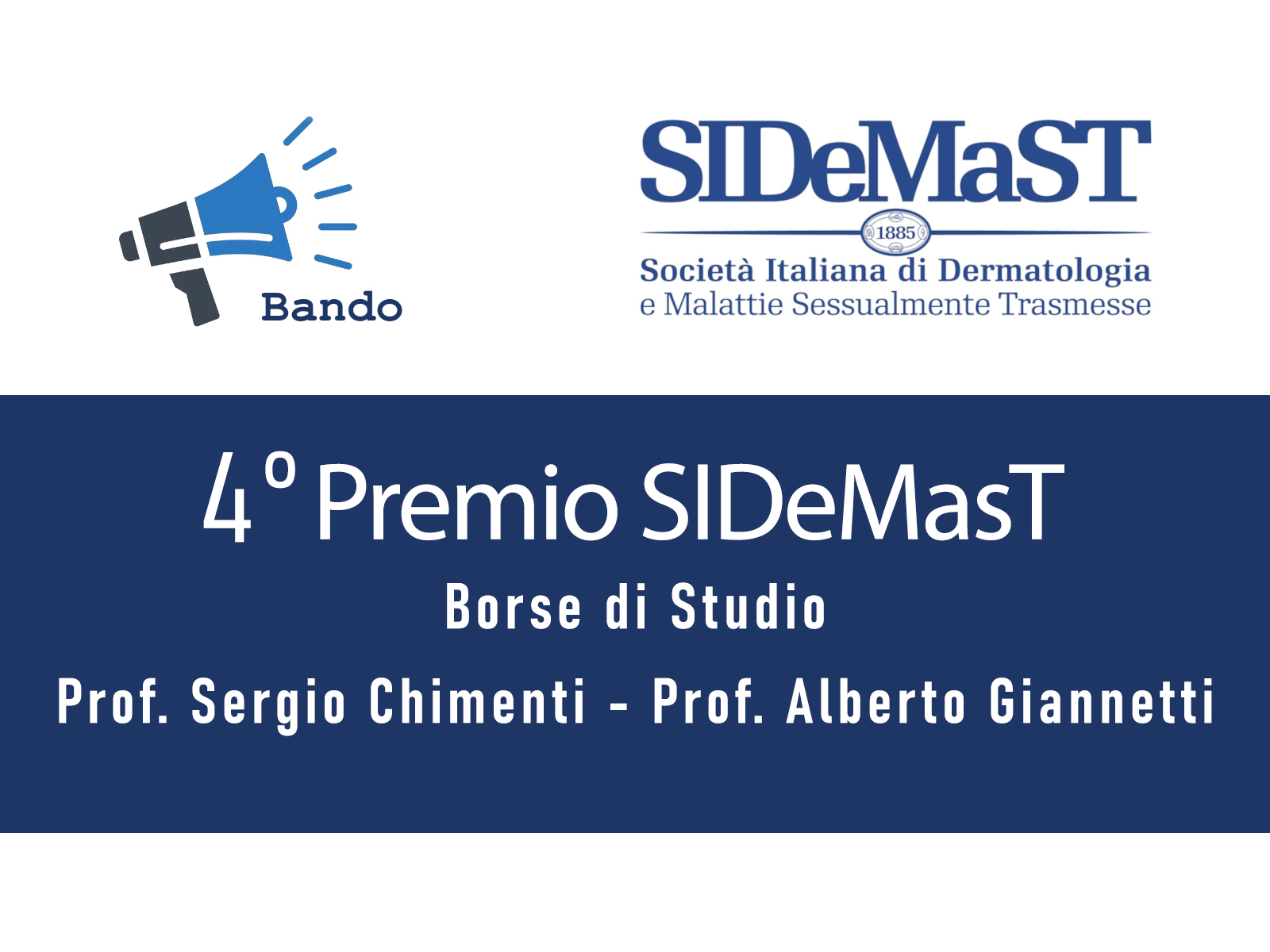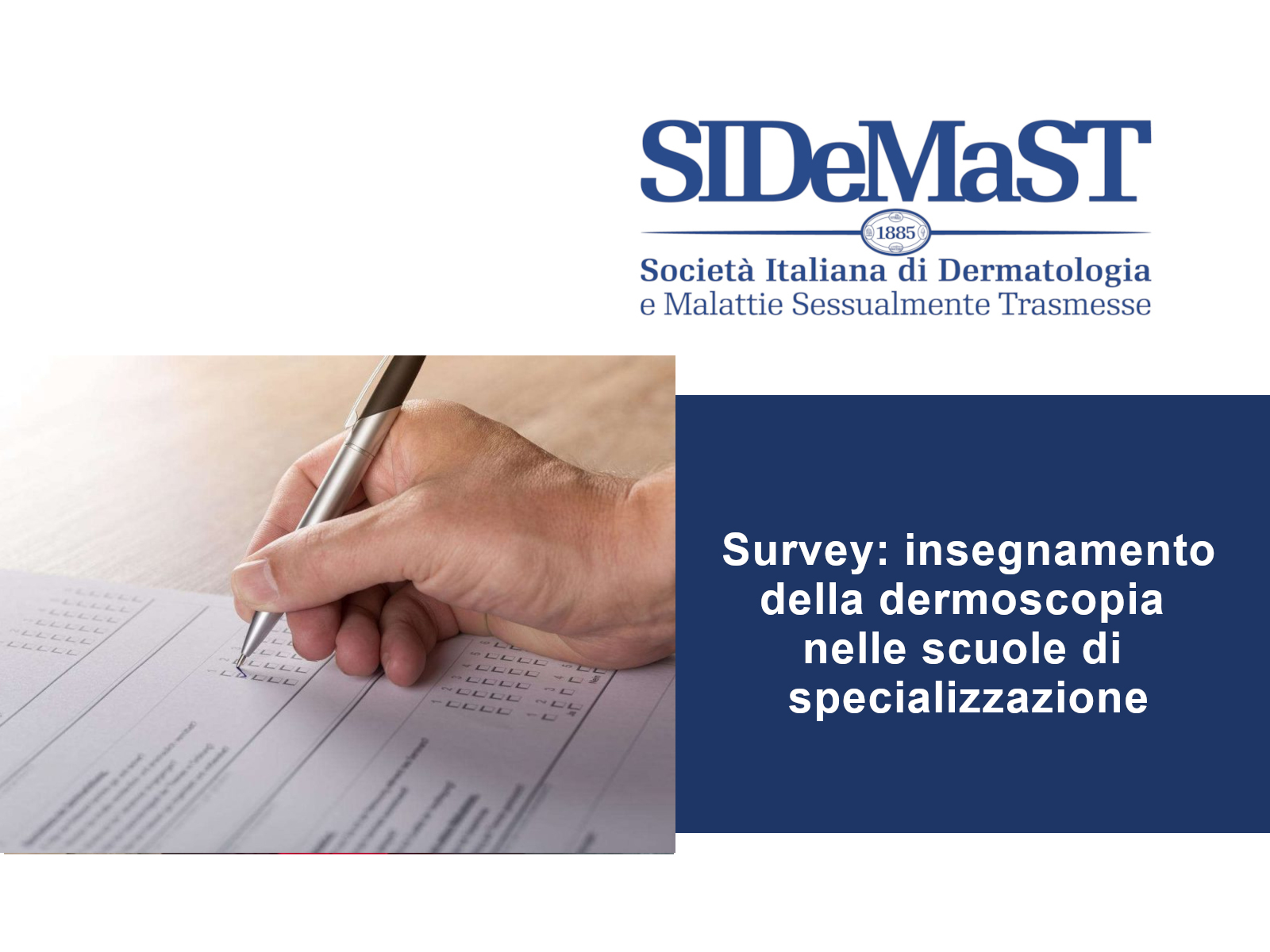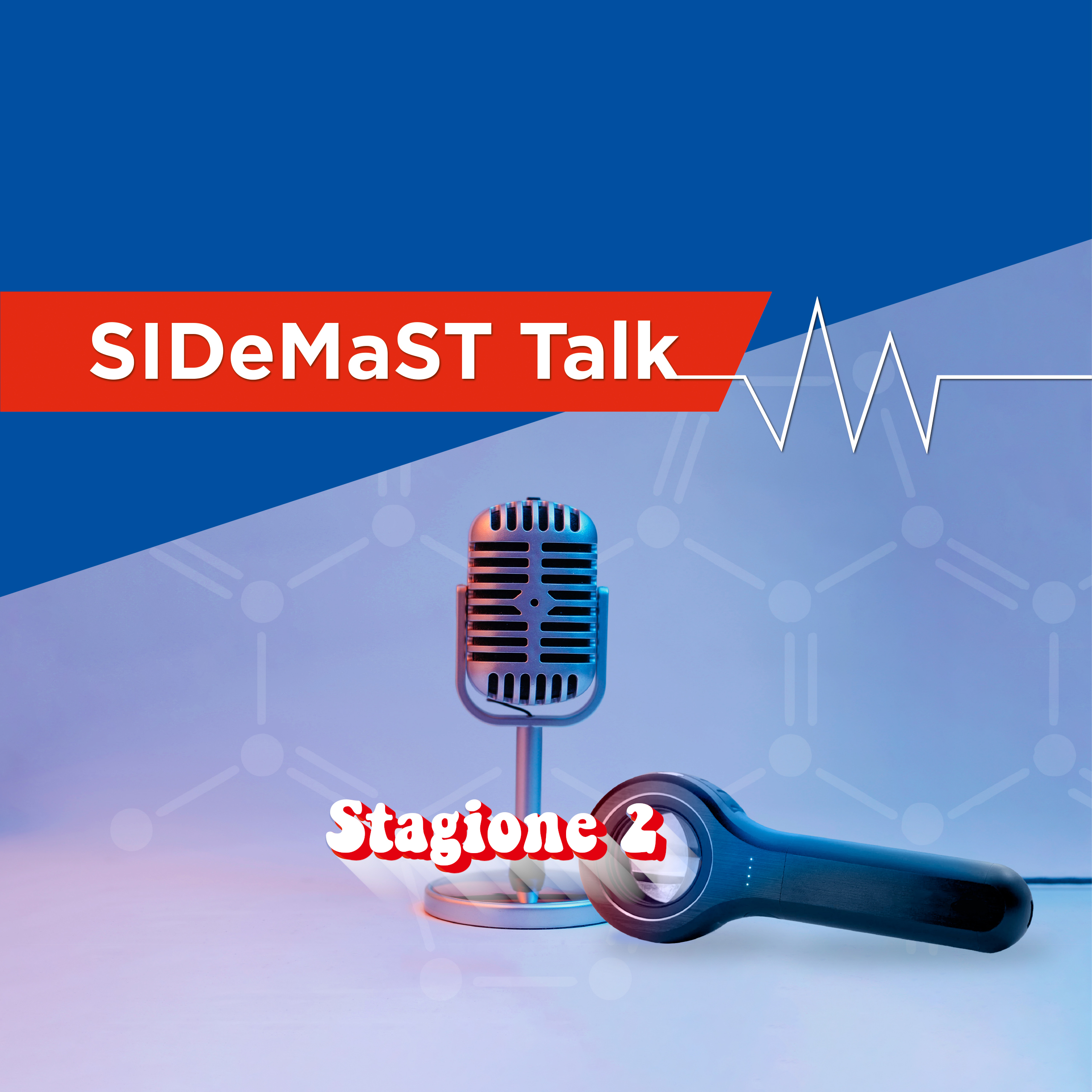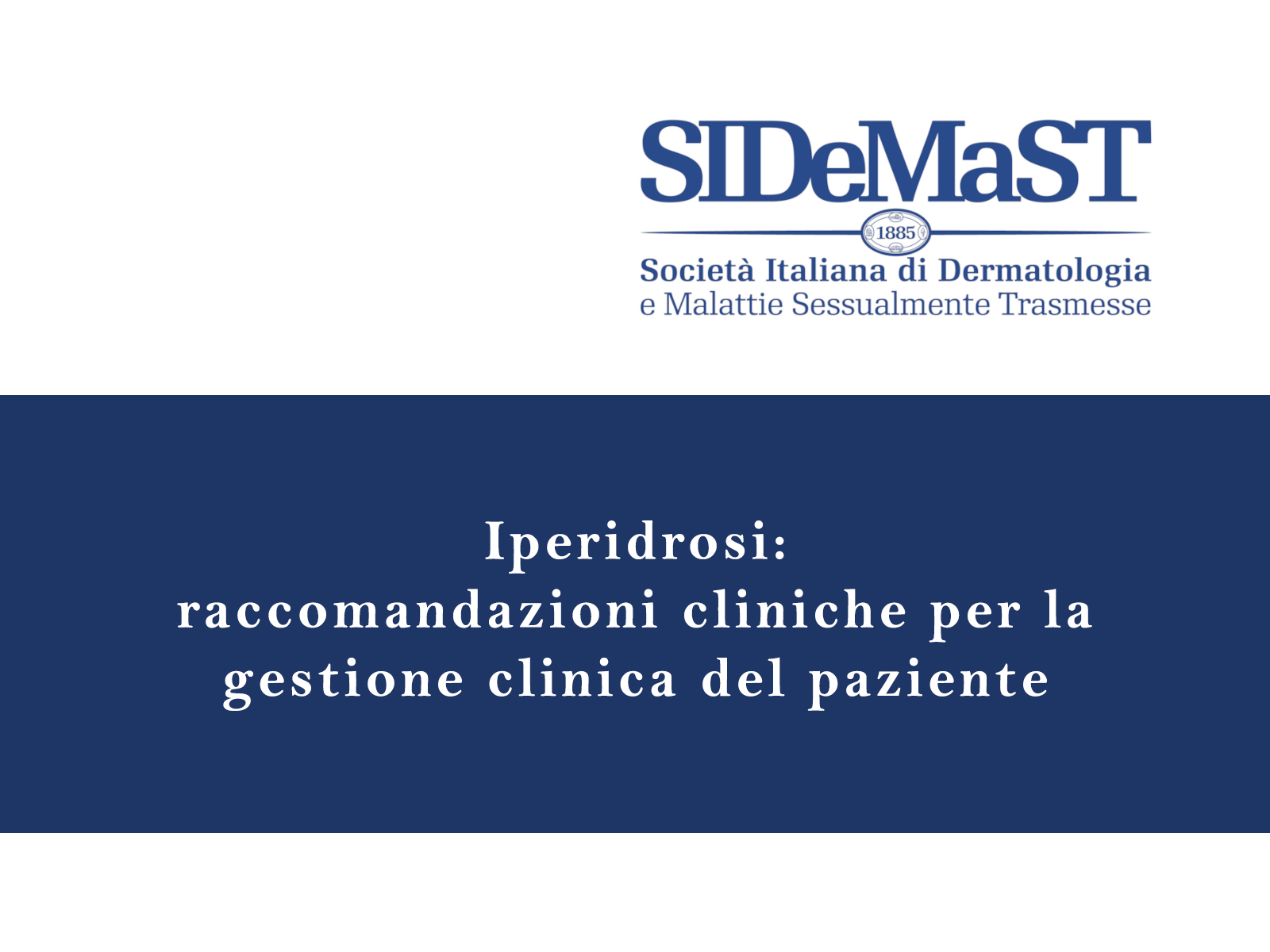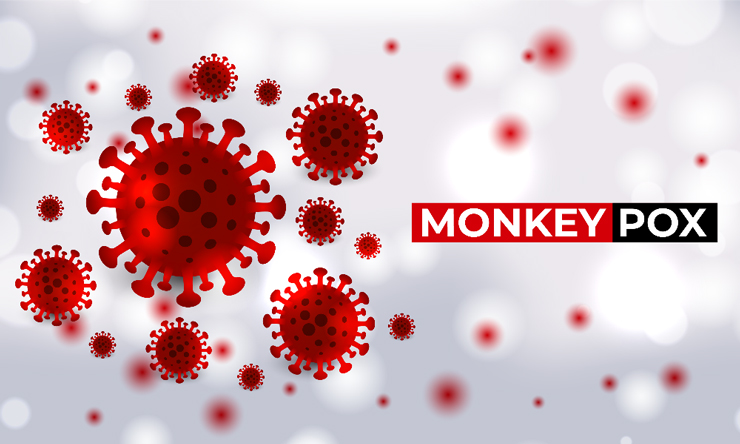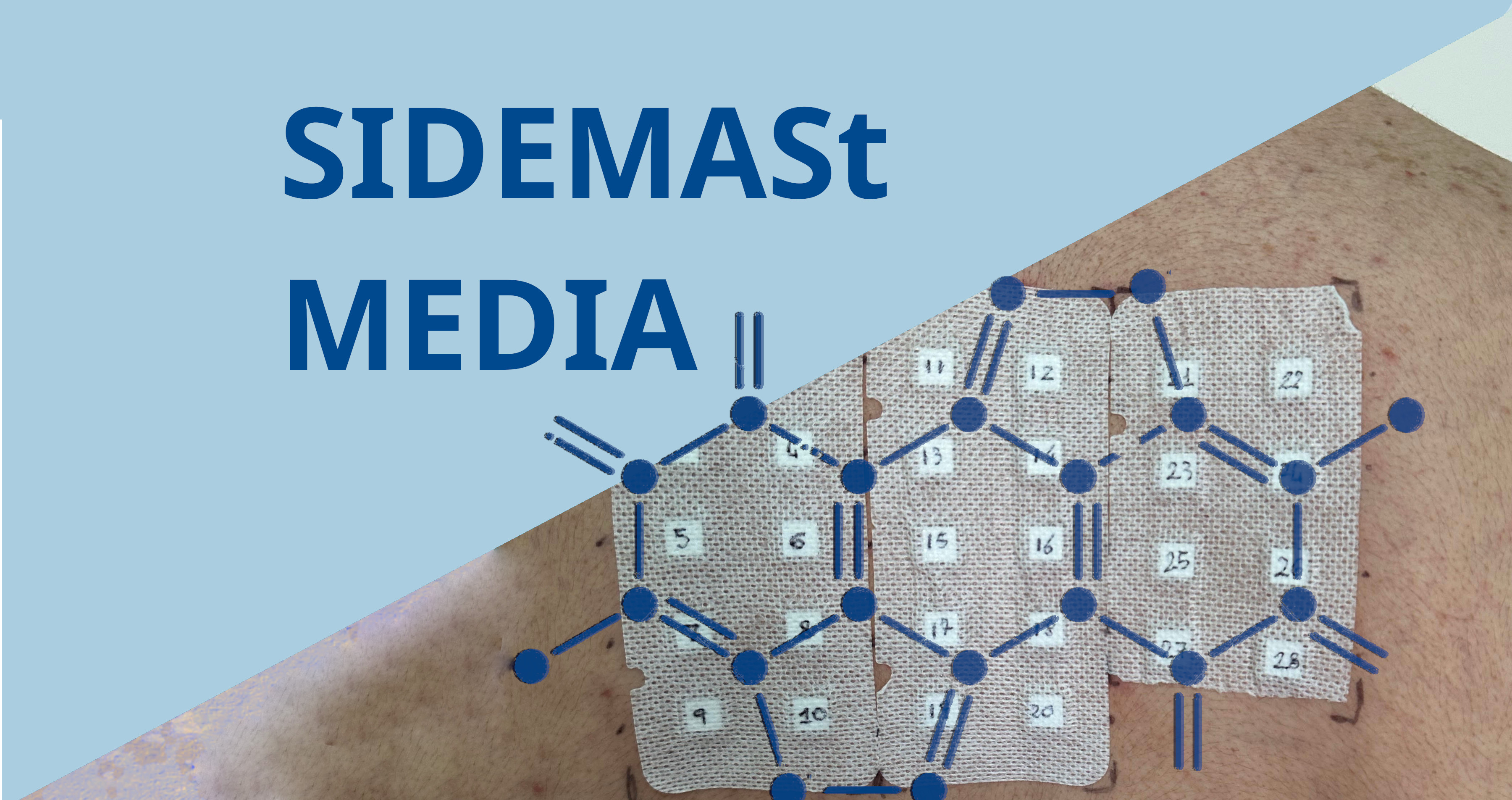Nivolumab demonstrates greater clinical benefit and superior safety compared with ipilimumab in patients with completely resected late-stage melanoma at high risk of recurrence, according to findings from the ongoing, phase 3 CheckMate 238 trial presented at the 42nd European Society for Medical Oncology (ESMO) Congress.
Patients with high recurrence risk after complete surgical resection for stage IIIb/IIIc or stage IV melanoma demonstrated significantly greater recurrence-free survival (RFS) with adjuvant nivolumab compared with adjuvant ipilimumab. At a median follow-up of 18.5 months, the primary endpoint of 18-month RFS rates were 66.4% versus 52.7%, respectively (hazard ratio [HR] 0.65; 97.56% confidence interval [CI]: 0.51 to 0.83; P < .0001).
"These results clearly show that relapse-free survival is more favourable with nivolumab. The majority of patients had higher risk disease than in most prior adjuvant melanoma trials, which makes the findings even more encouraging," commented lead author Jeffrey Weber, MD, PhD, Perlmutter Cancer Center, NYU Langone Health, New York, New York, speaking here on September 11 at a late-breaker presentation. "Nivolumab looks like a superior adjuvant melanoma regimen compared with ipilimumab from every angle," he added.
On behalf of an international research team, Dr. Weber presented the first results from CheckMate 238, a double-blind study of nivolumab versus ipilimumab in patients older than 15 years who underwent complete resection of stage IIIb/IIIc or stage IV melanoma.
The investigators randomised 906 patients, 453 patients per treatment arm, to receive either nivolumab at 3 mg/kg intravenously every 2 weeks or ipilimumab at 10 mg/kg intravenously (IV) every 3 weeks for 4 doses, and every 12 weeks thereafter until documented disease progression or unacceptable toxicity, up to a maximum treatment duration of 1 year.
Median RFS was not reached in either treatment arm.
"Findings from prespecified subgroup analyses demonstrated hazard ratios that consistently favoured nivolumab," Dr. Weber pointed out. "Nivolumab administered as adjuvant therapy significantly improved RFS compared with adjuvant ipilimumab for patients with stage IIIb/c/IV melanoma at high risk of recurrence.
Nivolumab also demonstrated a superior safety profile.
Fewer grade 3/4 treatment-related adverse events (TRAEs) were observed with nivolumab; grade 3/4 TRAEs occurred in 14% of patients treated with nivolumab and 46% of patients on ipilimumab.
Study discontinuation due to an adverse event of any grade was reported in 10% of nivolumab and 43% of ipilimumab patients.
No deaths due to study drug toxicity were reported for nivolumab; however, 2 (0.4%) patient deaths due to colitis and medullary aplasia occurred in patients more than 100 days after the last ipilimumab dose.
"Despite surgical intervention and possible adjuvant treatment, most patients with stage IIIb/IIIc melanoma experience disease recurrence, and many progress to advanced disease," noted Dr. Weber. "By 5 years, 68% of patients with stage IIIb and 89% of patients with stage IIIc melanoma experience disease recurrence, making development of successful adjuvant therapy a priority in melanoma."
Overall, stage IIIb, IIIc, and IV disease was reported for 34%, 47%, and 19% of trial subjects, respectively. Thirty-two percent of patients had ulcerated primary disease, 48% had macroscopic lymph-node involvement, and 42% of patients were positive for the BRAF mutation.
Funding for this trial was provided by Bristol-Myers Squibb, New York, New York.
[Presentation title: Adjuvant Therapy With Nivolumab (NIVO) Versus Ipilimumab (IPI) After Complete Resection of Stage III/IV Melanoma: a Randomized, Double-blind, Phase 3 Trial (CheckMate 238). Abstract LBA8]


